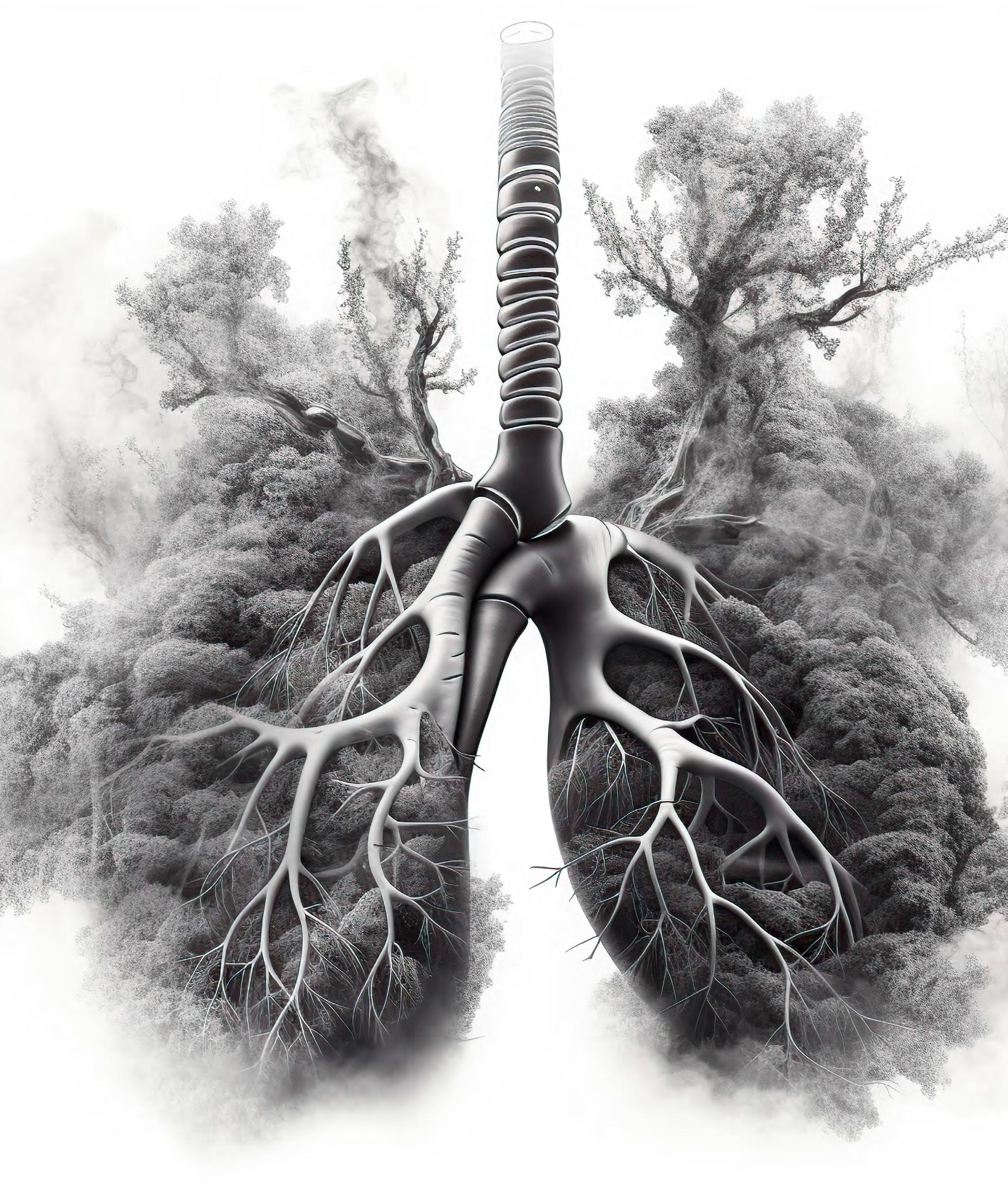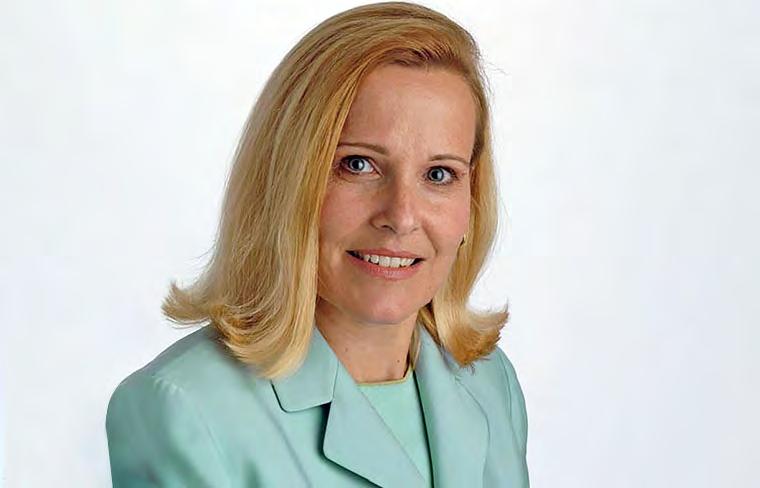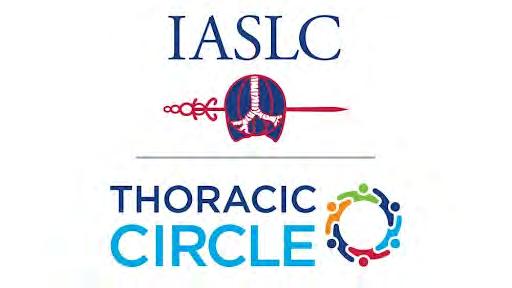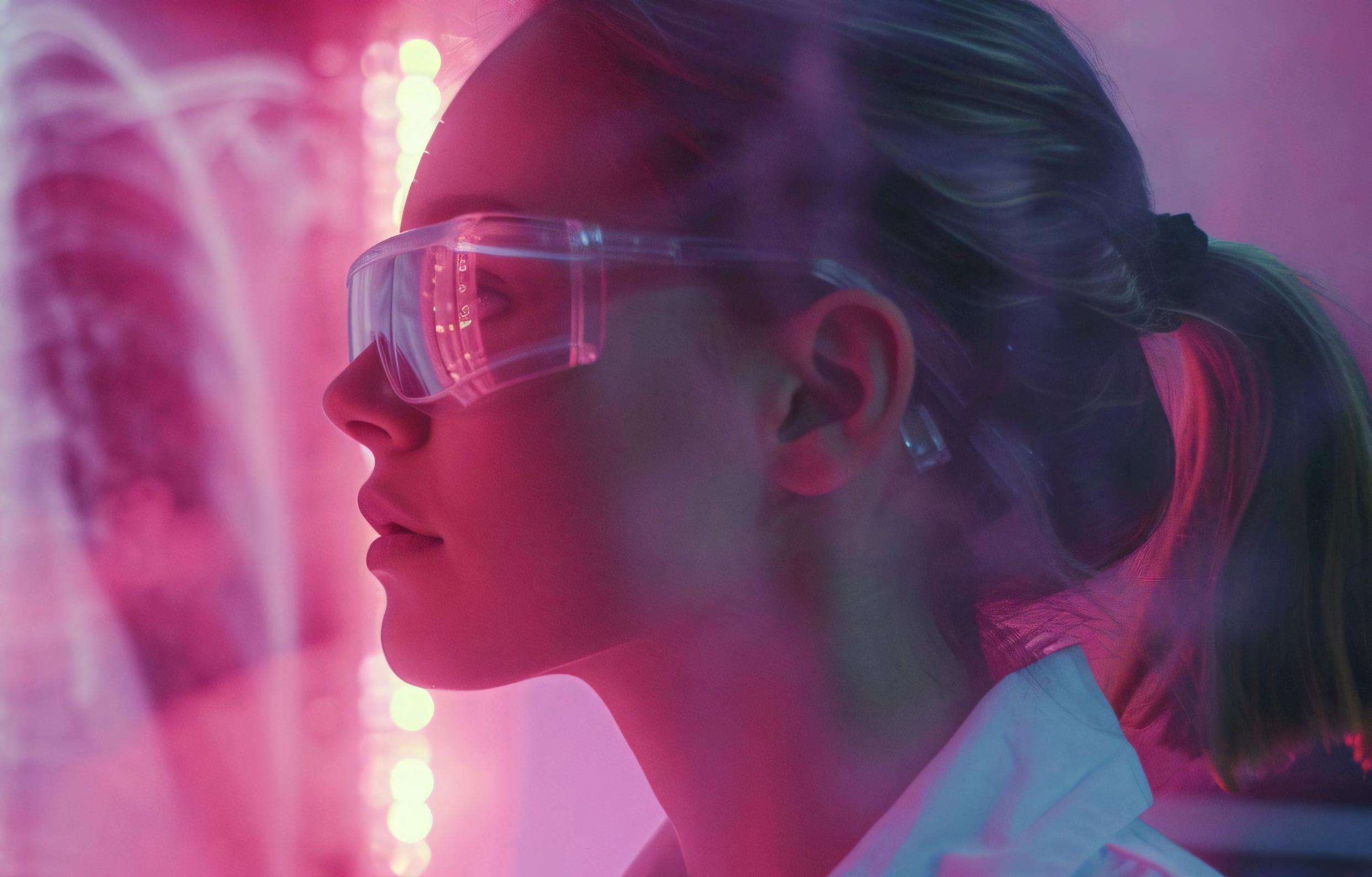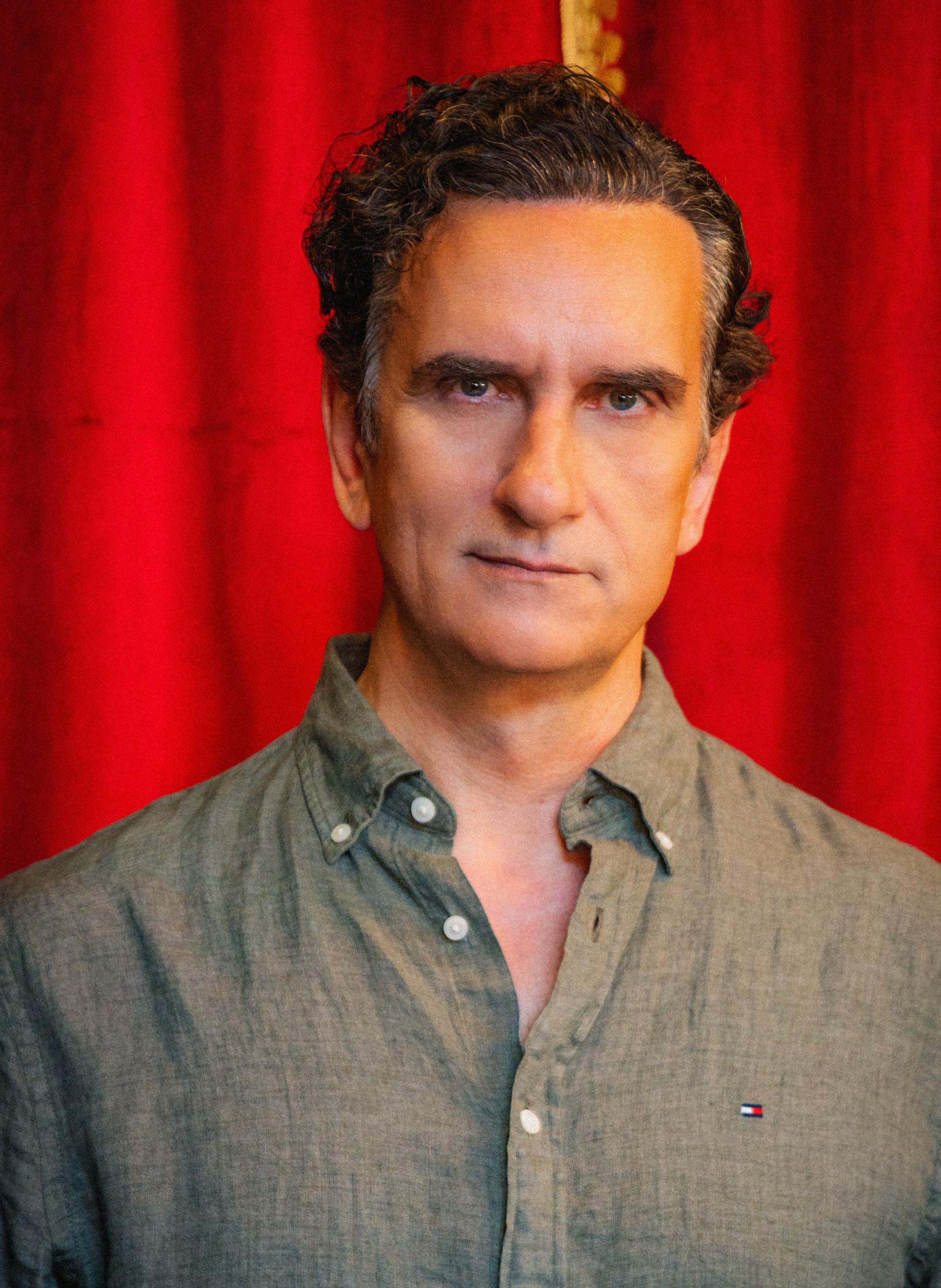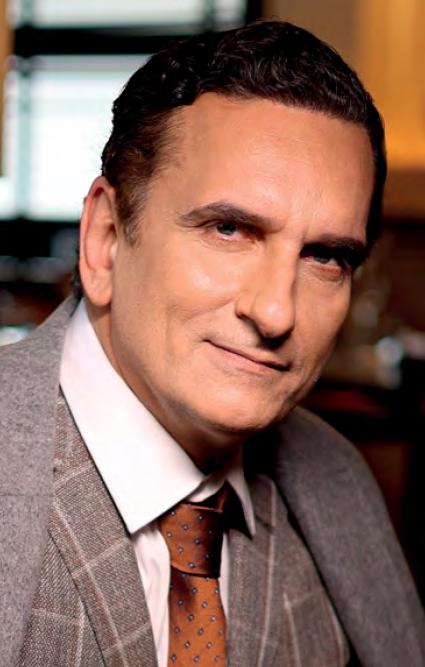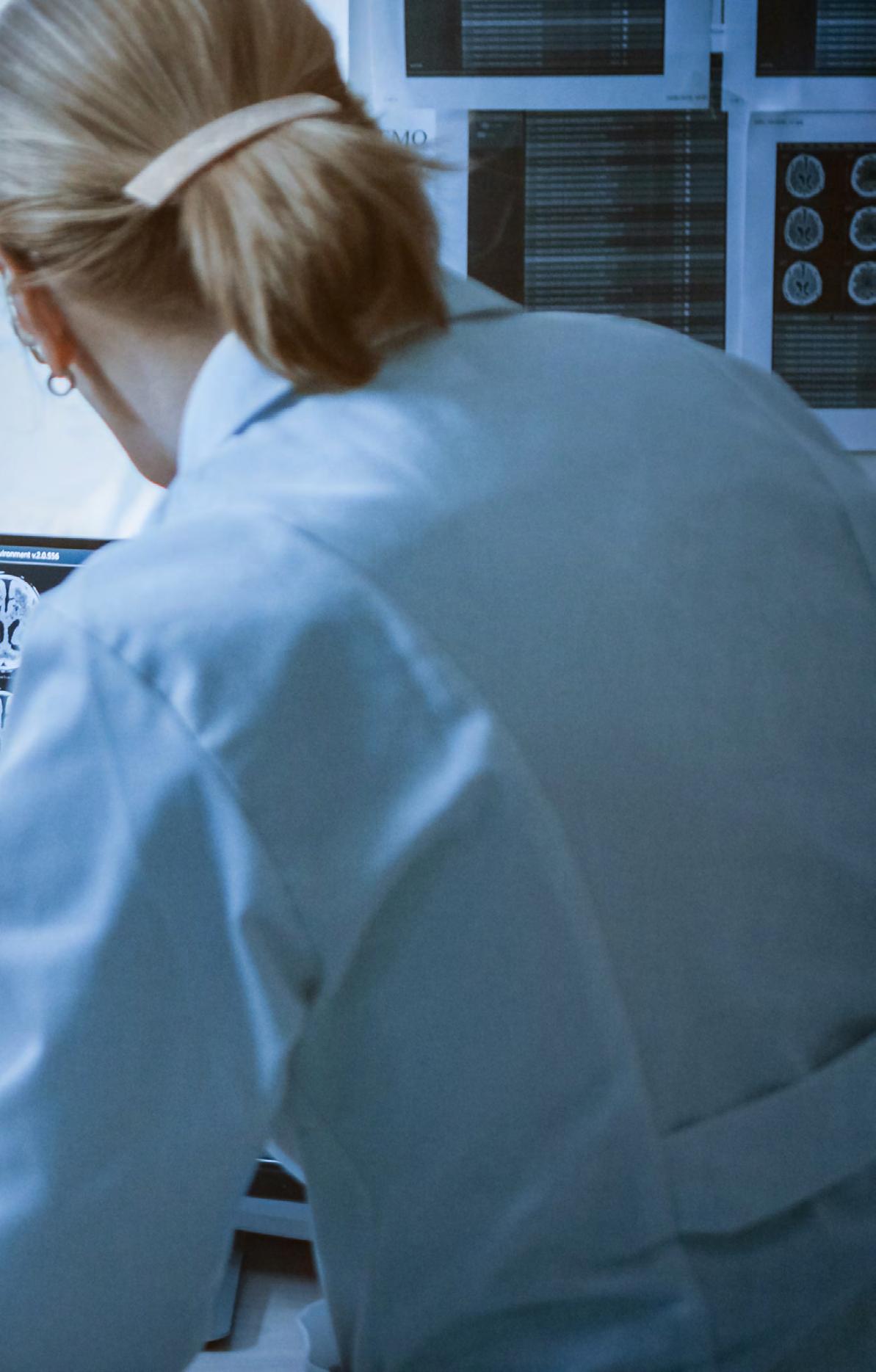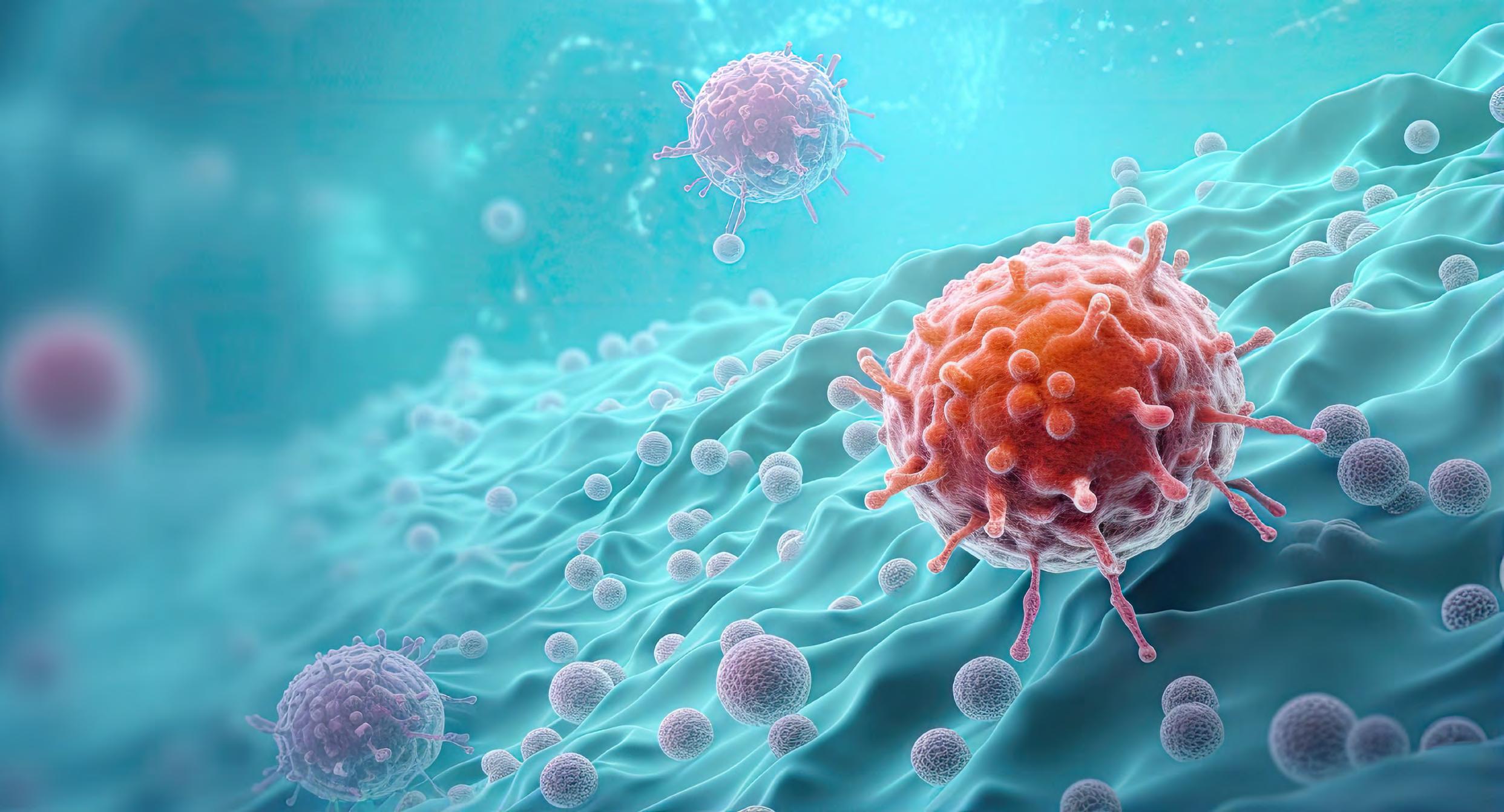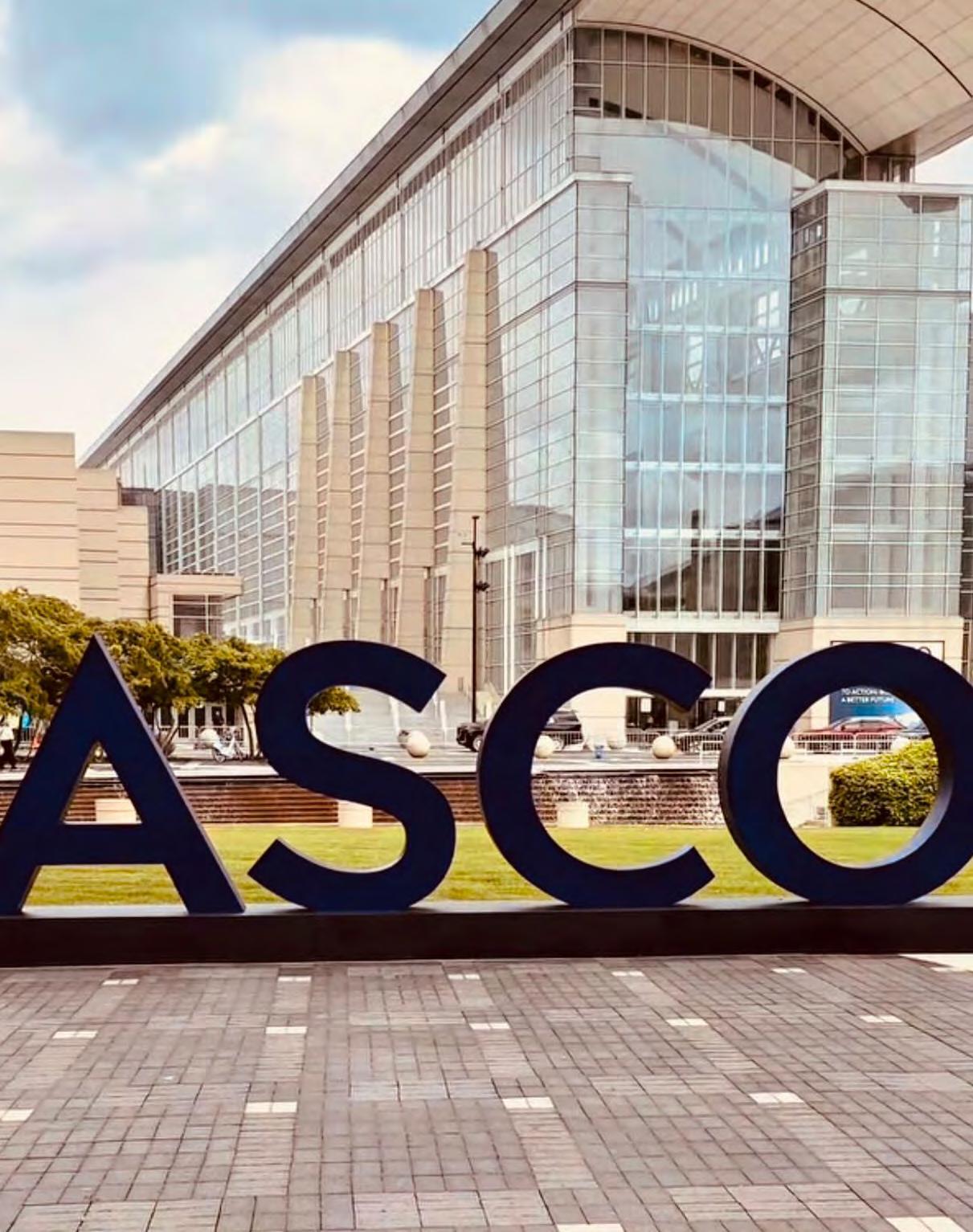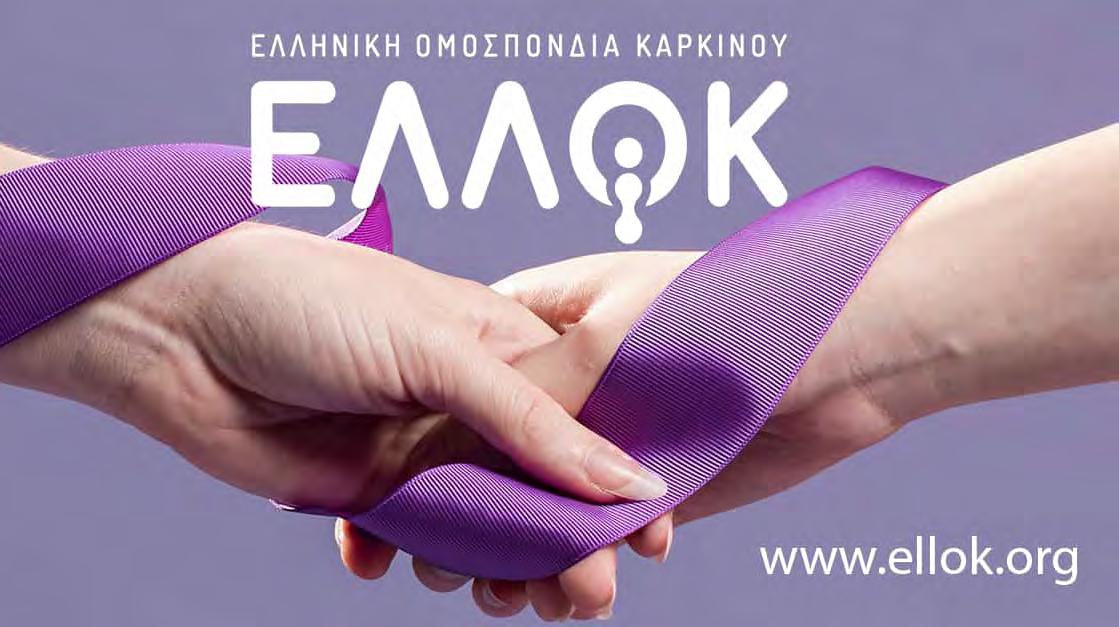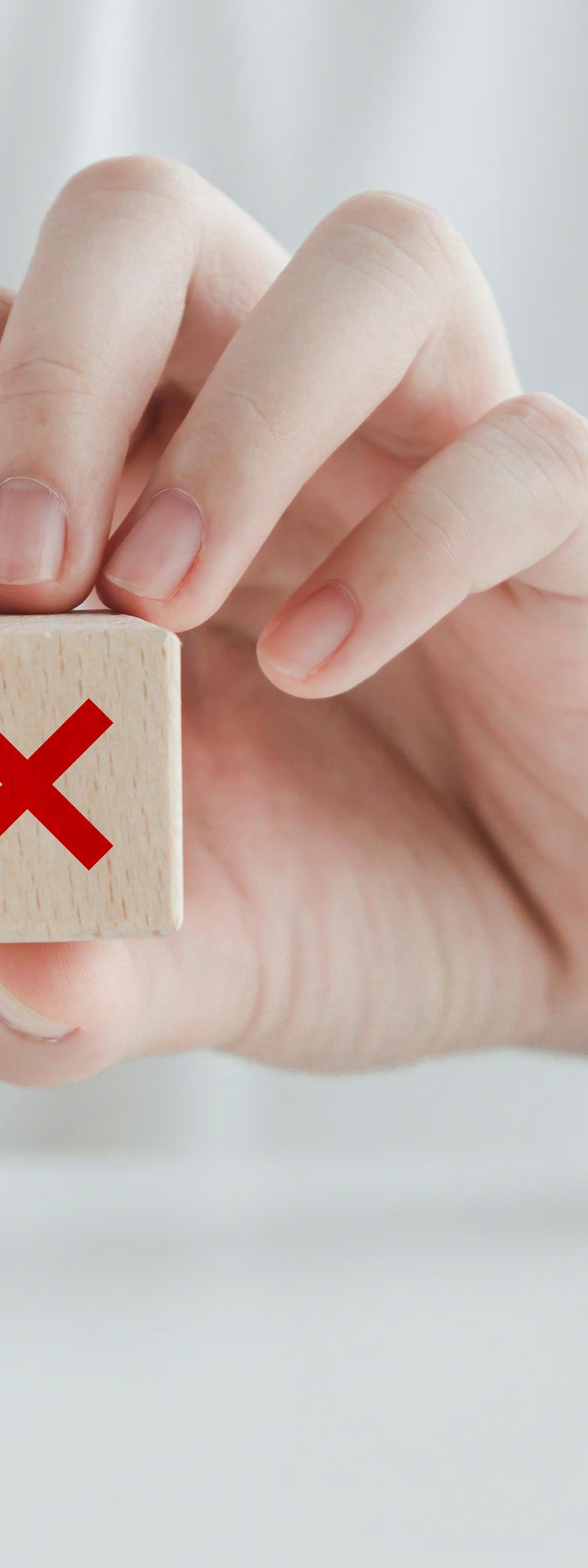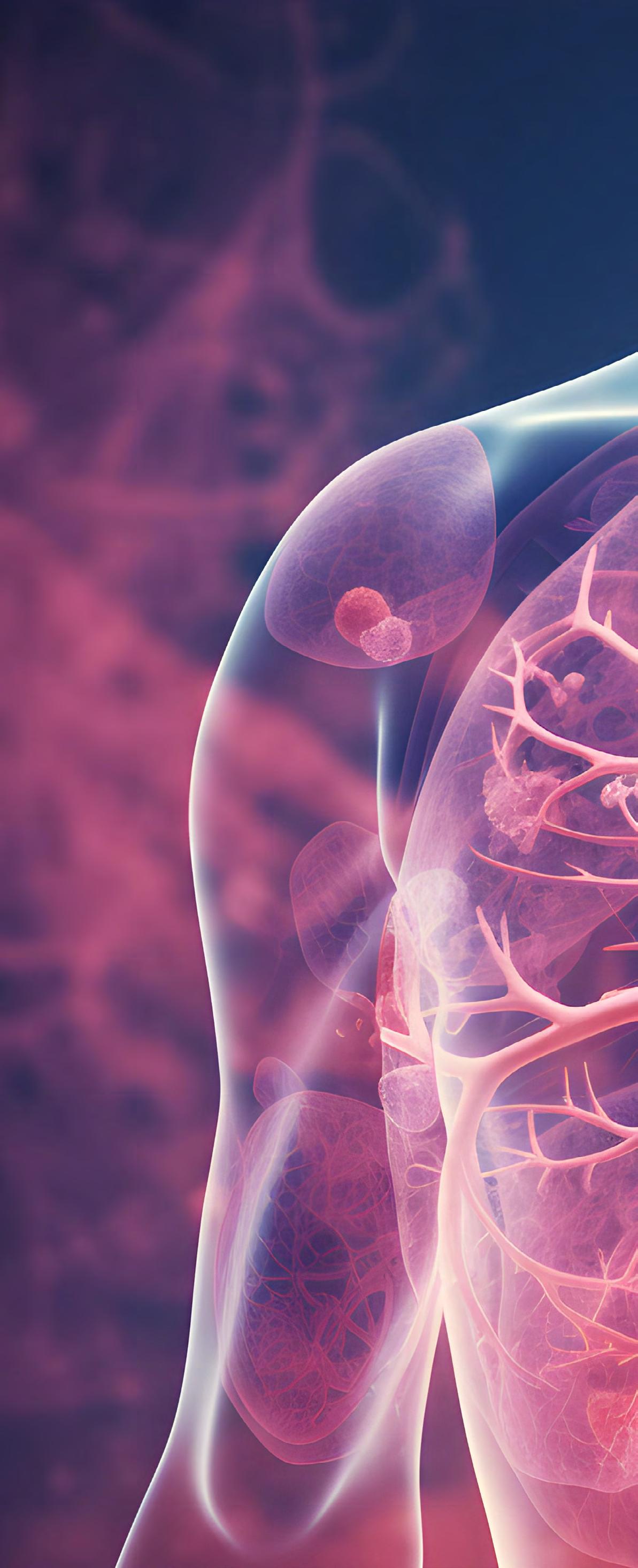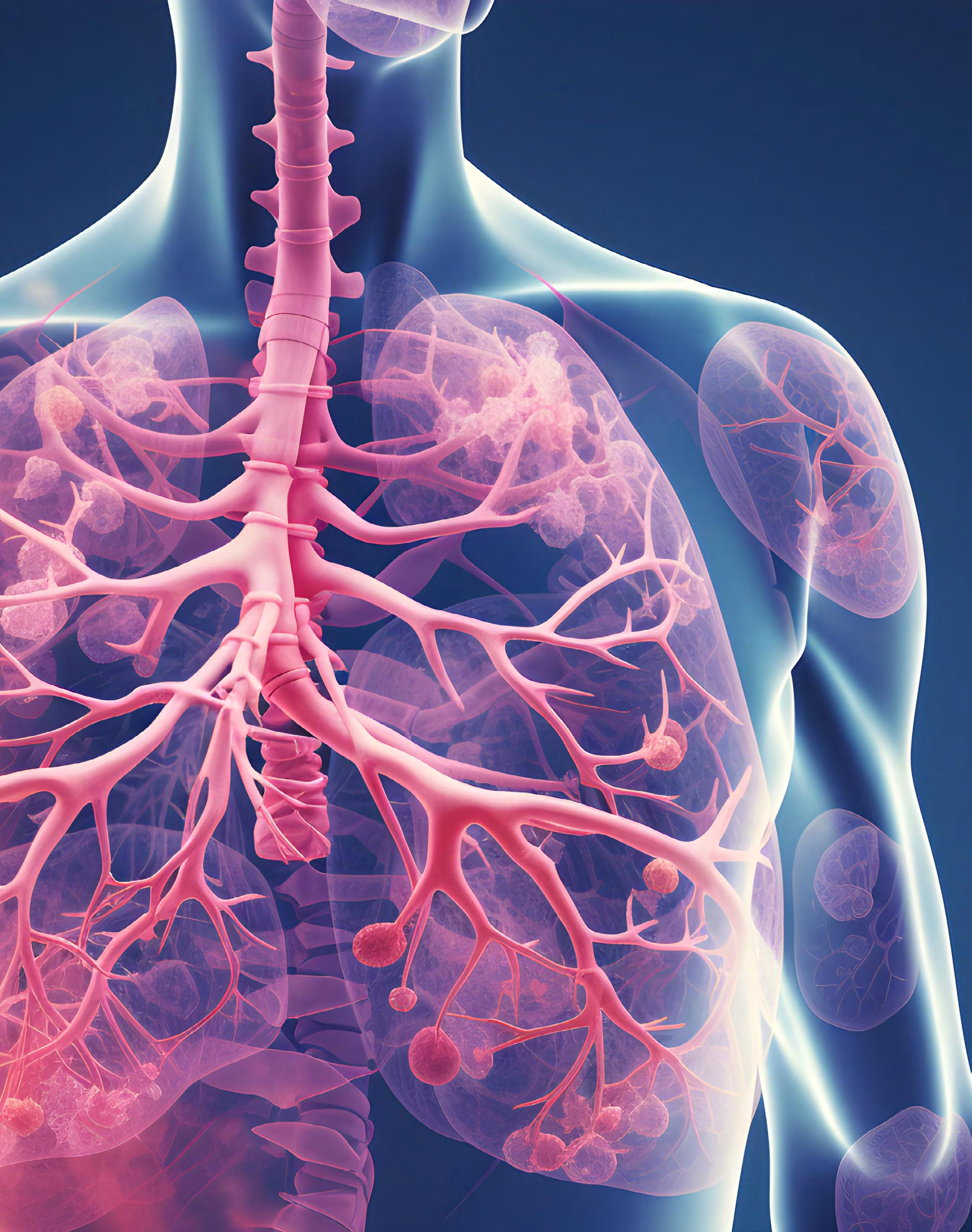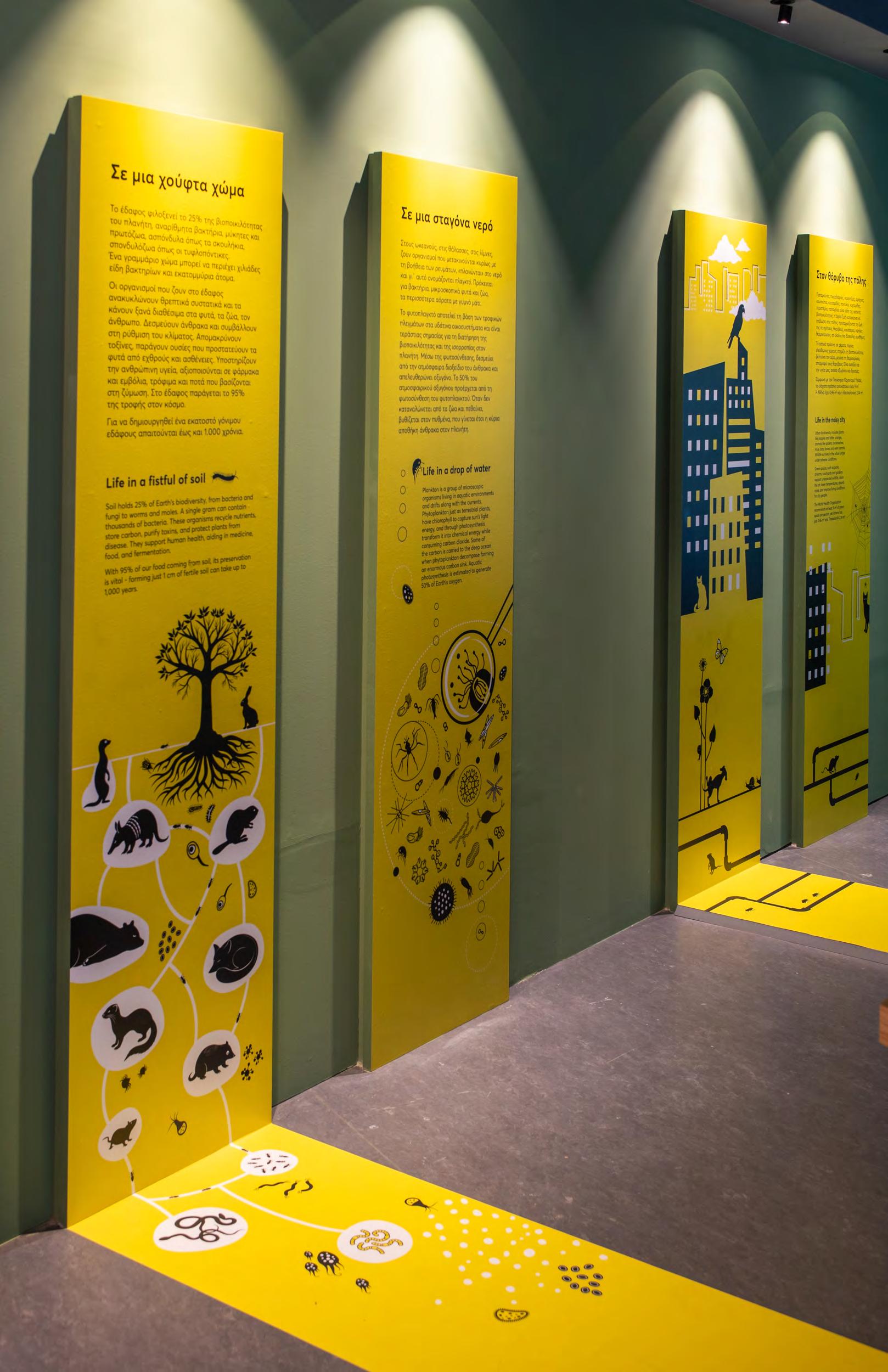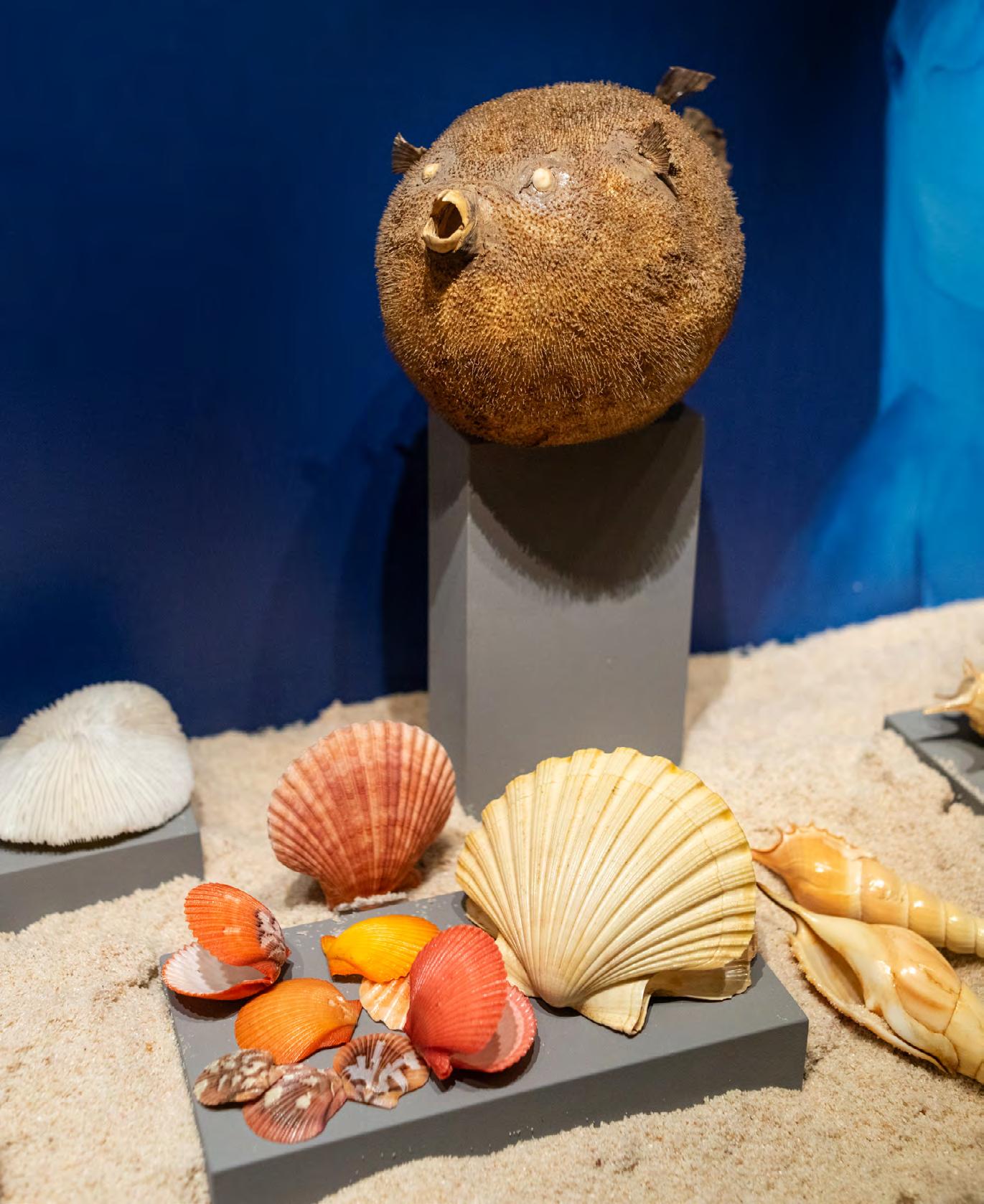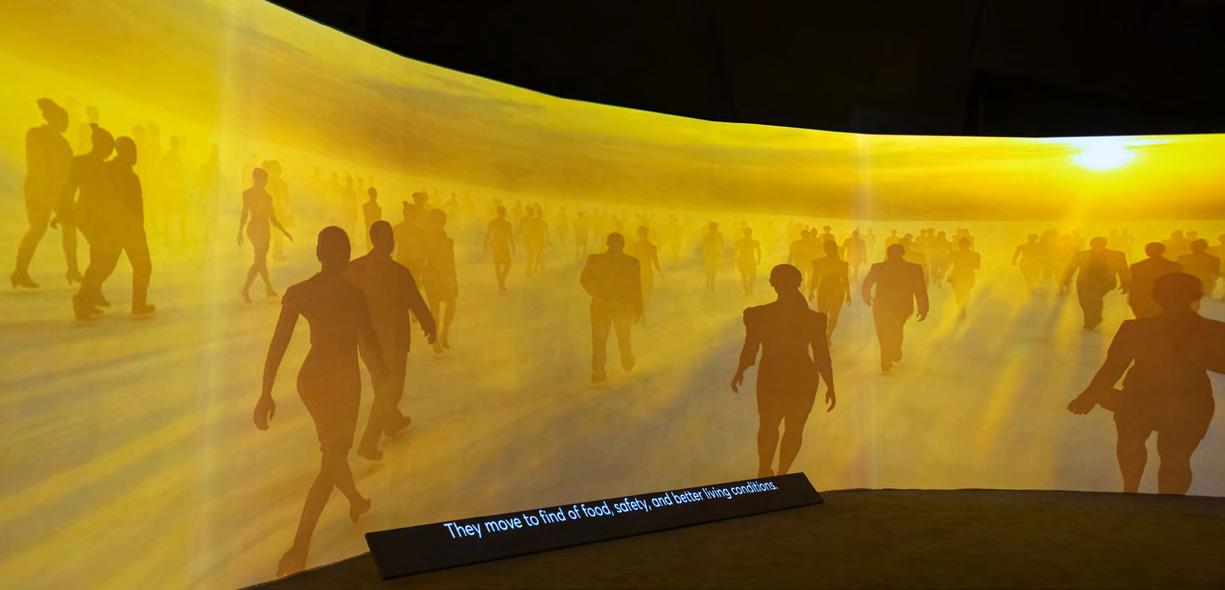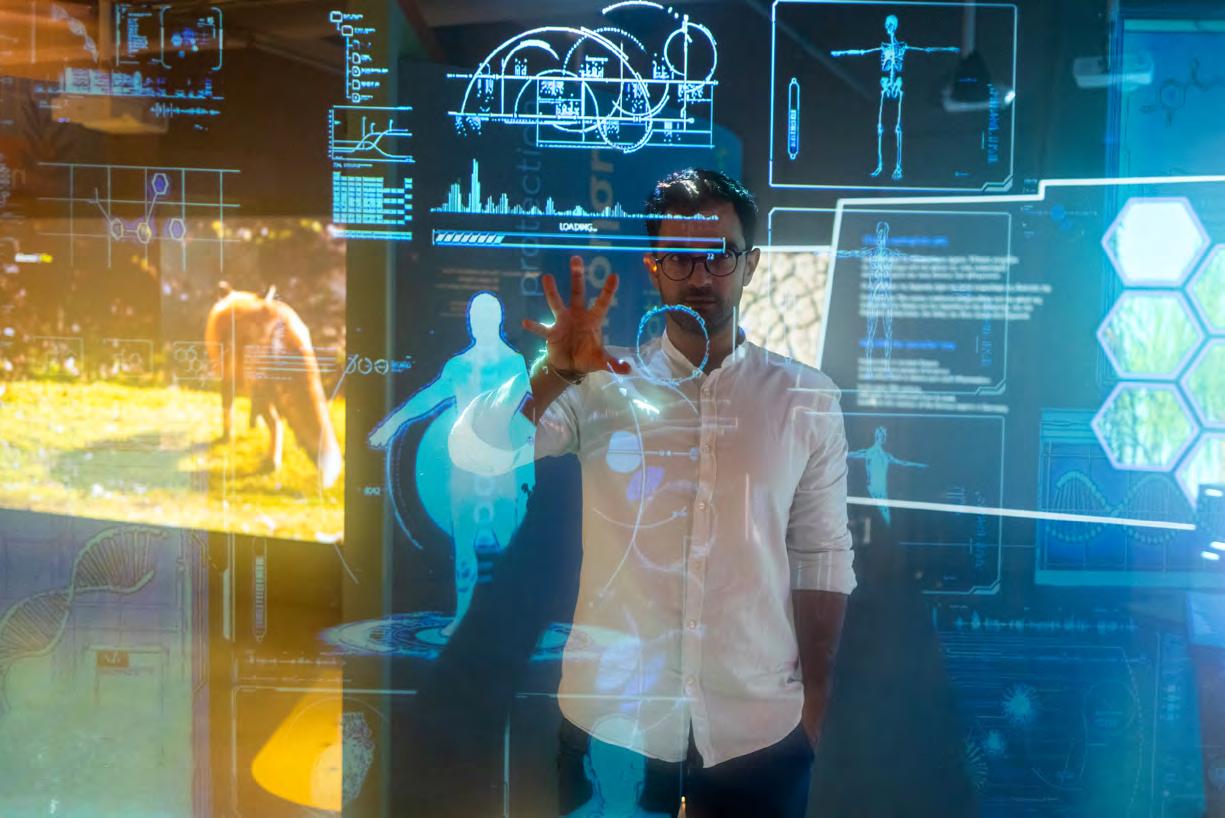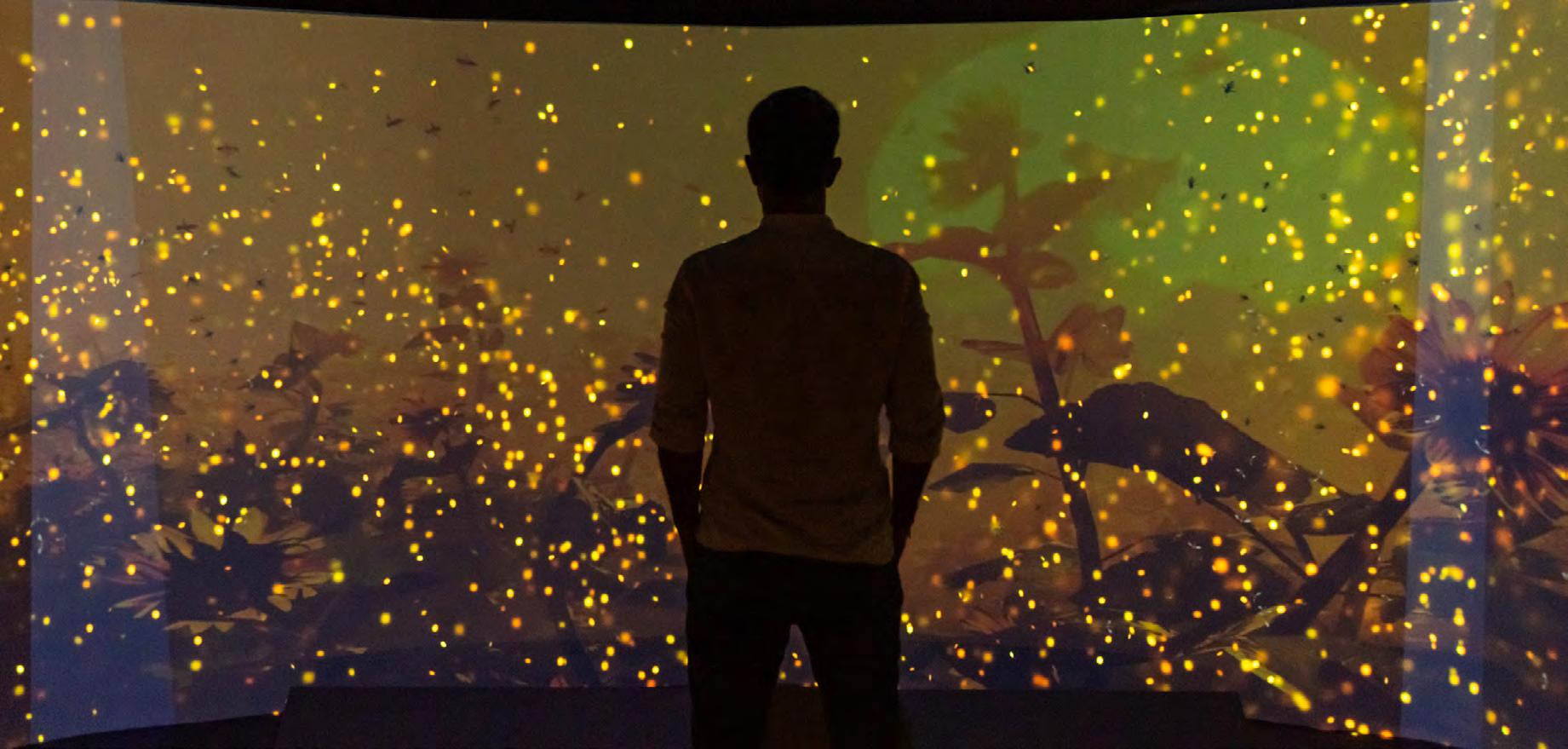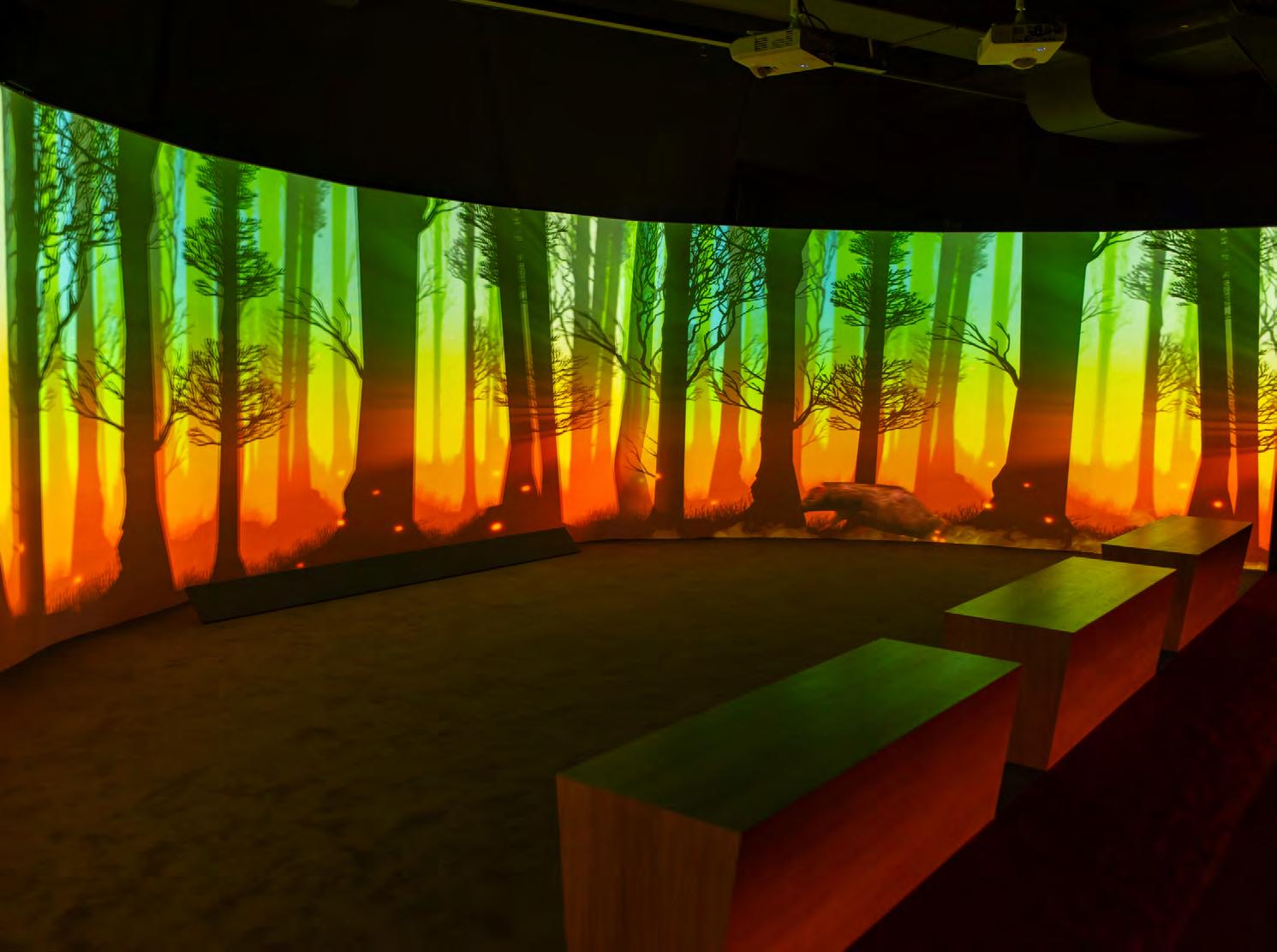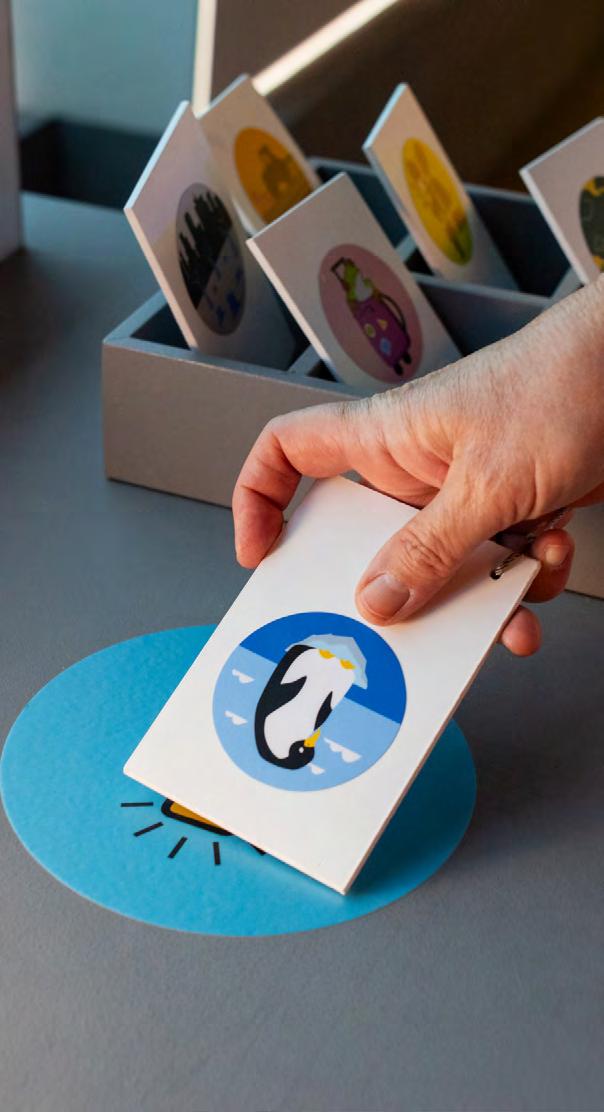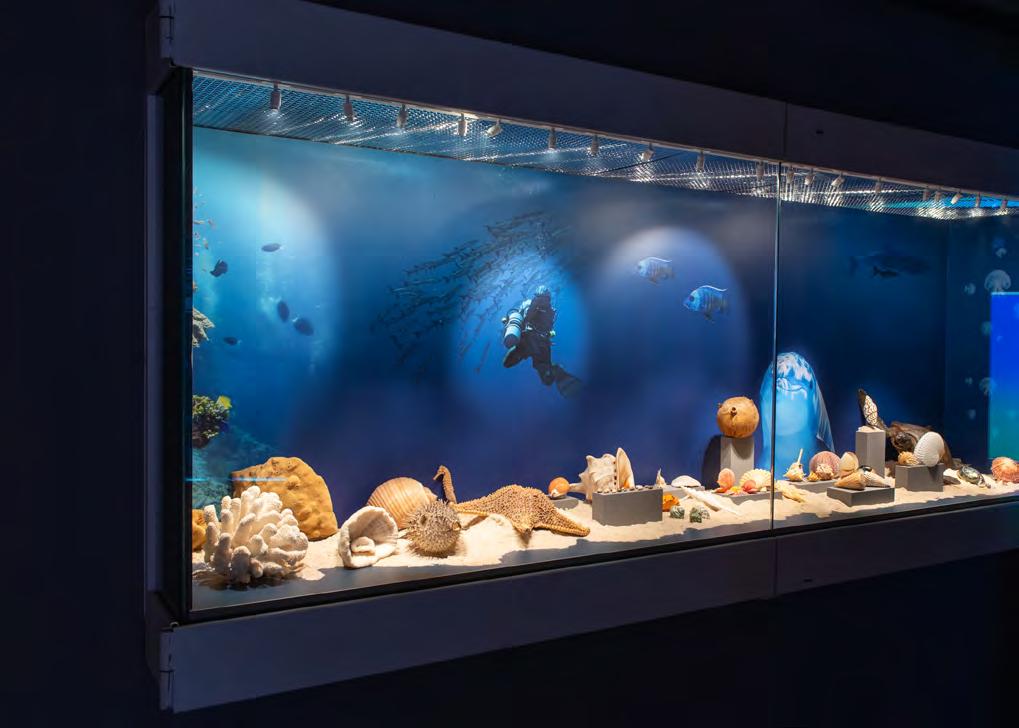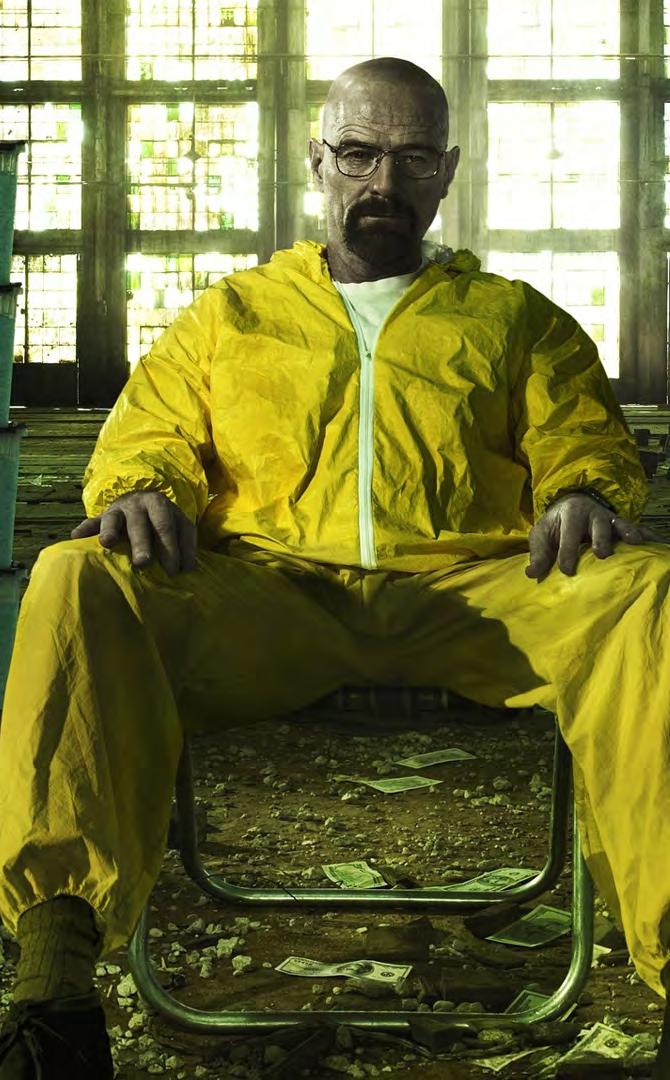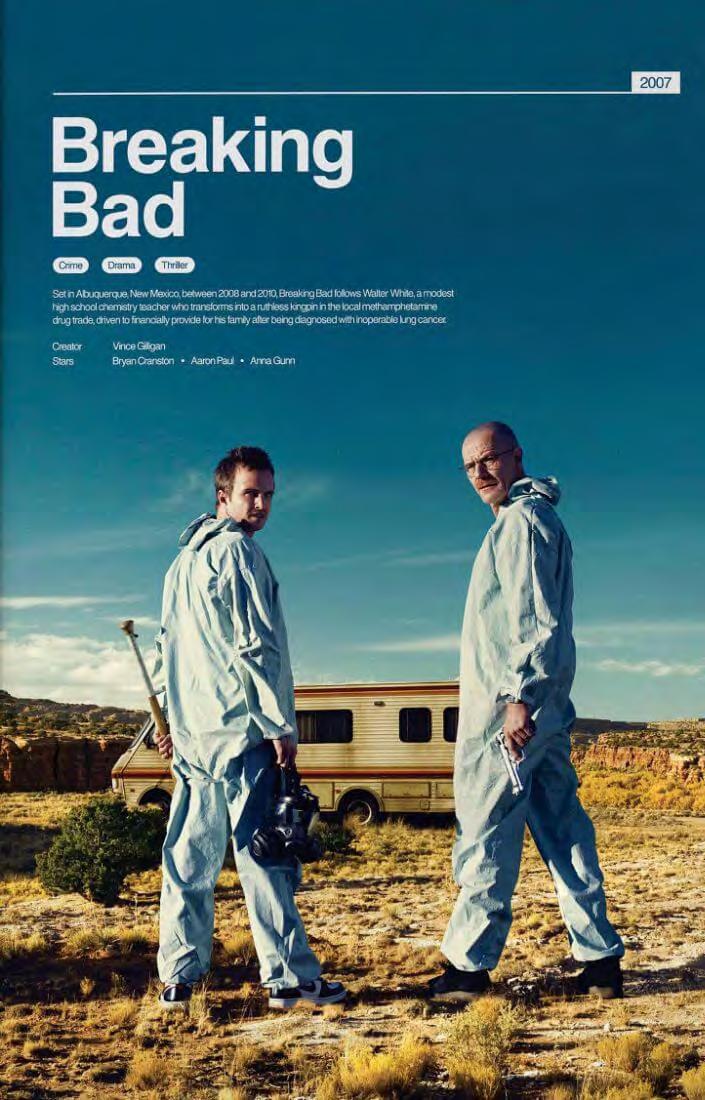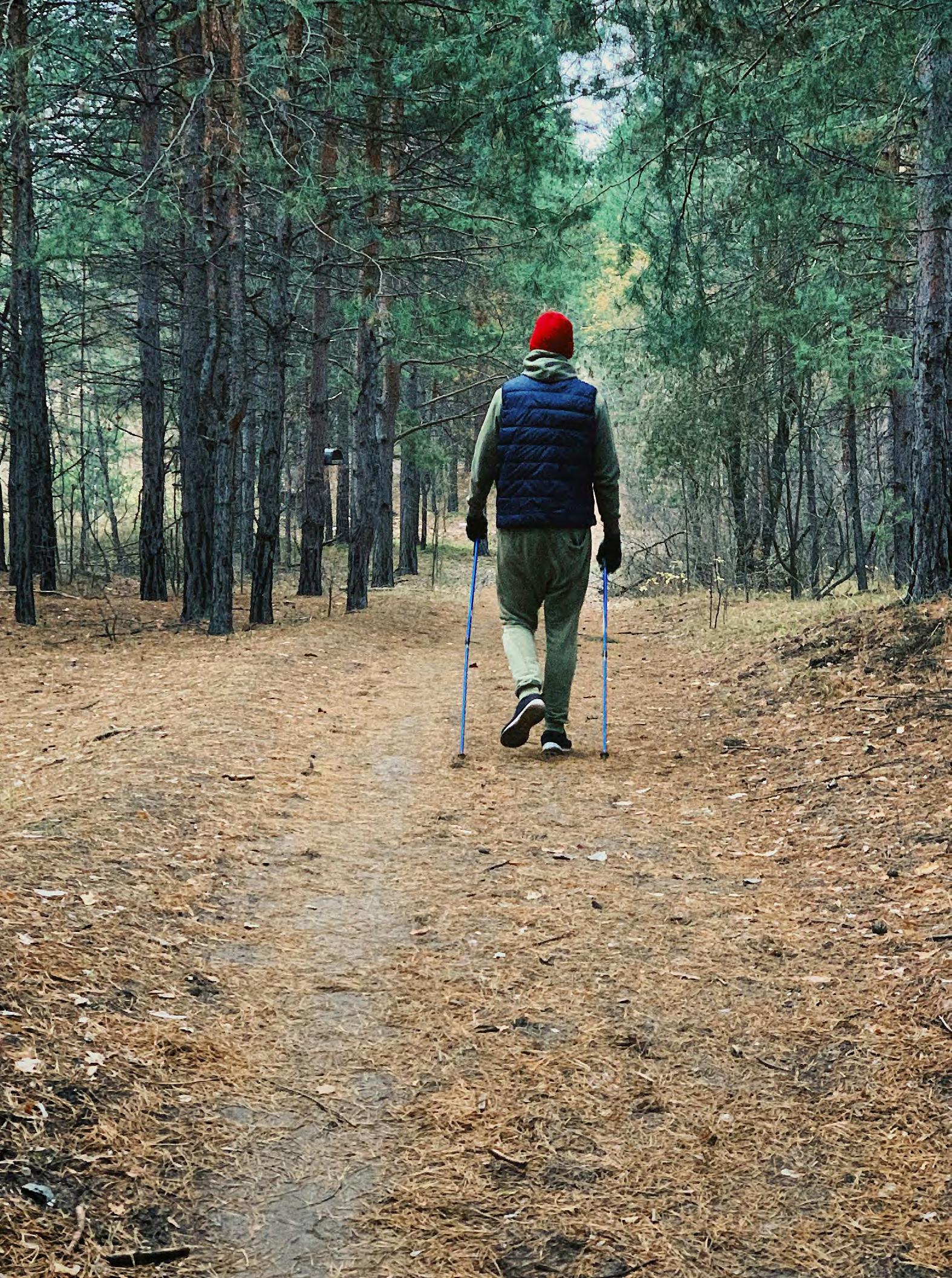KOSTAS SYRIGOS meets the CEO of IASLC Professor KAREN KELLY
Kostas Syrigos: At what point in your life did the decision to pursue medicine take shape, and what sparked that initial drive? What first drew you to oncology, and what has kept you committed to such a demanding field over the years?
Karen Kelly: My interest in science began early — I won a biology award in middle school that sparked a lasting curiosity about science. In high school and college, that curiosity deepened and led me toward laboratory research. After college, I spent two years working in a hospital lab, which solidified my decision to pursue medicine. During medical school, I was particularly drawn to pathology, pharmacology, and internal medicine — all disciplines that require both analytical thinking and clinical insight. Oncology naturally integrated these interests, offering both scientific challenge and human connection.
Caring for patients with empathy while simultaneously focusing on bringing better treatments to patients was my life’s purpose. The amazing evolution of the field — from understanding tumor biology to achieving remarkable advances in targeted therapy, immunotherapy, and screening — has been incredibly rewarding. What has kept me committed is witnessing firsthand how science can transform hope into survival, and knowing there is still much more to achieve.
K. S.: In your view, what personal qualities and core characteristics define someone suited to the rigorous and deeply human pursuit of medical science? Do you believe that practicing medical oncology leaves space for what we often describe as innate talent or a natural gift, beyond hard work, training and discipline?
K.K.: Specific qualities that define someone well-
suited to the medical field — and particularly to oncology — include curiosity, resilience, empathy, and humility. Curiosity fuels discovery and lifelong learning. Resilience allows us to face uncertainty, loss, and the emotional intensity of caring for patients with serious illness. Empathy connects us to our patients as individuals, not just diagnoses. And humility reminds us that medicine is an ever-evolving partnership between science and those we serve.
Ultimately, I like to summarize these traits in one word: integrity. It encompasses all these qualities and more — the commitment to do what is right for patients, to act with honesty, and to serve with intellect, compassion and a purpose.
Beyond training and discipline, there is an element of innate talent that sets truly exceptional clinicians apart. It’s the natural ability to carefully listen, inspire confidence, and translate complex science into comfort and understanding. You often hear patients say, “I can’t quite explain it, but I just
feel at ease with that doctor.” That quiet sense of trust is not something that can be taught — it reflects an authentic human connection that complements knowledge and skill.
K. S.: Looking back on your professional journey, what have been the most formidable challenges you've encountered, and how have they shaped your path?
K.K.: In academics it is challenging to navigate patient care, research, teaching and administrative responsibilities especially when I want to do it all with excellence. There is just not enough time in the day leading to long nights and working weekends. Continually learning better time management, prioritizing tasks and the hard lesson of when to say no. I had a rule that if it was a new opportunity to do it but if I had don’t it before I could say no.
K. S.: You've built a remarkable career, rising to positions of visibility, influence, and earning the highest respect among your peers. Along that journey, did being a woman ever present obstacles or shape your experience in distinct ways? And have these professional achievements come at the cost of significant personal compromises?
K.K.: In the early years of my career, there were very few women in thoracic oncology — I can recall only four of us in the field at that time. I was fortunate to have a mentor who was deeply committed to addressing the global burden of thoracic cancers and who valued dedication to that mission above all else. He welcomed anyone who shared that passion, including me, and gave me opportunities that proved pivotal in shaping my career. I chose to focus on the work and the mission rather than my gender, letting commitment and performance define my path.
At times, I found it challenging to balance those opportunities and to learn when to say no — a common experience for women early in their careers who are eager to contribute and prove themselves. Yet, each experience, even the demanding ones, taught me valuable lessons in leadership, boundaries, and resilience.
I have no regrets, either professionally or personally. Every step, even the difficult ones, has had purpose and meaning. I truly believe that everything happens for a reason — and that each challenge has contributed to both my growth and my ability to help others navigate their own path.
"In medicine, we learn never to take away a PATIENT’S HOPE. Hope is the EMOTIONAL CORNERSTONE of the patient–physician relationship"
K. S.: Beyond the clinical and scientific demands of oncology, you've held significant leadership roles with administrative and strategic responsibilities. What have been the most complex challenges in steering departments or institutions, and how do you balance vision, management, and the human element in such high-stakes environments?
K.K.: Creating and implementing a vision requires thoughtful analysis, active listening, and strategic alignment. The most complex challenge often lies in ensuring that every facet of an initiative — from concept to execution — is grounded in evidence, feasibility, and stakeholder engagement. Success depends on positioning that vision in a way that resonates with others, telling a compelling and motivating story that connects people to purpose. Equally important is ensuring that the vision aligns with the organization’s overall strategic plan.
Balancing vision, management, and the human element requires both discipline and empathy — the discipline to stay focused on measurable outcomes, and the empathy to bring people along the journey, making them feel valued, heard, and part of something meaningful.
K. S.: As CEO of the IASLC—the world’s leading global organization dedicated to lung cancer and thoracic malignancies—how do you envision the future of the fight against this devastating disease? What strategic policies or initiatives has the IASLC adopted to accelerate progress and improve outcomes worldwide?
K.K.: I am inspired by the remarkable advances across the spectrum of lung cancer care that have led to life-saving outcomes. In the United States, we are now seeing meaningful reductions in lung cancer mortality—offering hope and a model for countries around the world. Our collective challenge is to extend these gains globally by ensuring equitable access to innovation while sustaining the research that will further drive down mortality. I am optimistic that by combining the great minds of our members with the power of AI, we can accelerate discoveries and ultimately conquer this disease.


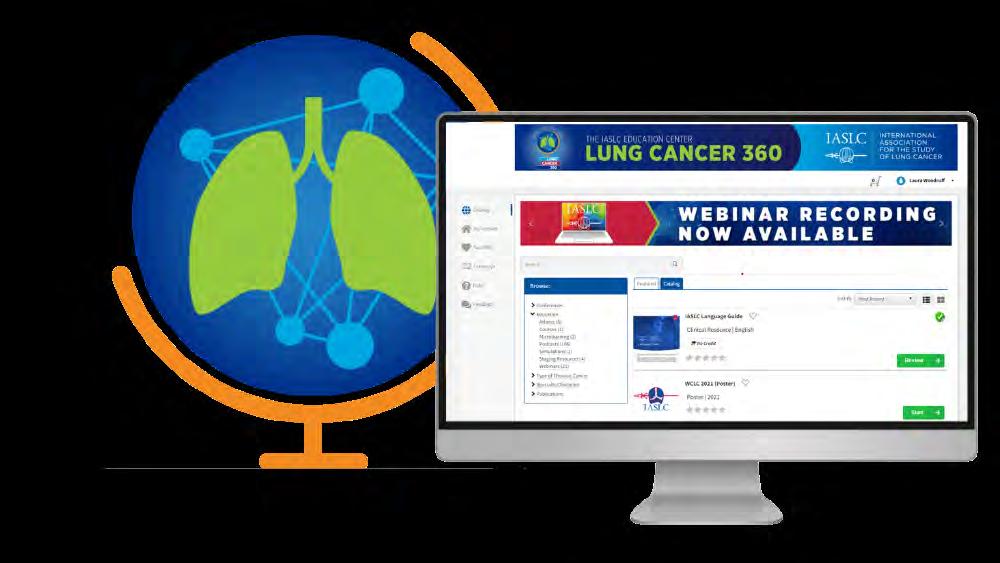
At the IASLC, I am proud of our transformation to better serve our members and the global thoracic oncology community. Guided by a bold strategic plan grounded in three pillars—Collaborative Science, Global Education, and Promoting Access to Multidisciplinary Care—we have embedded four core principles throughout: member support, commitment to patients, global inclusion, and multidisciplinary collaboration. We bring this strategy to life every day through our programs, partnerships, and culture of purpose.
We are committed to serving as a connector among all stakeholders to accelerate research, education, and implementation of advances. To that end, we have launched our new Lung Cancer 360 Educational Center, expanded global conferences and research grants, and introduced Thoracic Circle, a dynamic communication platform enabling members to stay connected across time zones. Our partnership with The Lancet on the IASLC–Lancet Commission on Lung Cancer exemplifies our commitment to global impact—driving forward evidence, equity, and action in the fight against this devastating disease.
K. S.: In light of the extraordinary pace of medical innovation and technological advancement, how do you perceive the evolving role of technology in healthcare? Do you believe it can ever truly replicate—or replace—the intuition, empathy, and human presence of the physician?
K.K.: It is essential that we embrace innovation and technological advancement—particularly as powerful tools to help address global healthcare inequities. Technology has the potential to accelerate scientific discovery, enhance precision, and expand access to care. Yet, while we should leverage its strengths, we must remain mindful of its limitations.
In medicine, we learn never to take away a patient’s hope. Hope is the emotional cornerstone of the patient–physician relationship; it fosters trust and enables shared decision-making. No matter how sophisticated technology becomes, it cannot replicate the intuition, empathy, and human connection that define healing. The physician’s presence—grounded in compassion and understanding—will always remain indispensable.
K. S.: Cancer care is deeply personal. How do you navigate the emotional weight of your patients’ journeys while maintaining your own resilience?
K.K.: I’ll admit this has never been easy. The emotional weight of my patients’ journeys has always stayed with me—but it pales in comparison to the courage and resilience they show every day. In the most difficult moments, I try to transform that emotional weight into purpose and passion—to drive progress, improve care, and honor the strength of those we serve. Their stories and pictures in my office continue to be my greatest source of motivation.
K. S.: Have you ever found that a patient taught you something that changed the way you practice medicine?
K.K.: My patients have been one of my greatest teachers. From them, I’ve learned never to give up, to face adversity with dignity, and to value authentic human connection above all. Their strength shapes how I lead, how I listen, and how I strive to make cancer care more compassionate and equitable worldwide.
K. S.: How do you balance hope and realism when discussing experimental therapies with patients?
K.K.: As a former director of a Phase I clinical trials program, I often found myself discussing highly experimental therapies, including first-inhuman studies—situations where a patient might
"At the IASLC, I am proud of οur transformation to BETTER SERVE our members and the GLOBAL thoracic oncology COMMUNITY"
literally be the first to receive a new treatment. In these conversations, honesty is always the best policy. Patients deserve transparency about what is known, what is uncertain, and what the realistic expectations are.
At the same time, I believe that honesty and hope are not mutually exclusive. Even when the likelihood of personal benefit is small, participation in such trials can offer meaning—whether through contributing to scientific progress, helping future patients, or maintaining a sense of agency in one’s care. My goal is to balance scientific realism with the emotional and human need for hope. Hope sustains patients through uncertainty, and it should never be taken away—it simply must be reframed with integrity and compassion.
K. S.: In cases of terminal illness, how do you approach the delicate conversation of prognosis and end-of-life care?
K.K.: These moments are never easy. Honesty, empathy, and courage are essential ingredients when approaching these delicate conversations. Every patient is different, so I take time beforehand to reflect on their values, personality, and readiness to hear difficult news. My goal is to balance truth with compassion—providing clear information while creating space for emotion and understanding.
K. S.: Do you believe full transparency is always the best policy, or are there moments when measured disclosure is more humane?
K.K.: I strongly believe in transparency, but I also think it is often misunderstood. True transparency is not about sharing every detail—it’s about communicating information in a way that is honest, clear, and meaningful to the individual. Every patient’s needs are different; some need detailed information, while others simply want to understand their options and what they can expect. My goal is to tailor the discussion so that patients feel informed, empowered, and at peace with their choices. I remind them there is no right or wrong decision—only the decision that feels right for them.
K. S.: Has your work changed the way you view life, health, or even mortality?
K.K.: Yes, absolutely. My work has profoundly shaped how I view life and health. I’ve learned never to take a single day for granted and to recognize that health is the most precious gift we have. Being a witness to the fragility and the resilience of life has made me more intentional about how I spend my time, nurture relationships, and care for myself. It’s a daily reminder that while we cannot control everything, we can control how fully we live and how meaningfully we contribute to the lives of others.
K. S.: What advice would you give to young medical students considering following the science of oncology?
K.K.: My first advice would be to make sure your passion for oncology is unwavering—because this is a field that will both challenge and inspire you every single day. The science moves quickly, the emotional demands are real, and there will be moments that test your resolve. It’s that deep passion and sense of purpose that will carry you through times of doubt and remind you why you chose this path.
Caring for patients when they are at their most vulnerable is an extraordinary privilege—one that brings profound meaning to the work we do. Even after more than 30 years in this field, I feel the same passion I did on my very first day as an assistant professor at the University of Colorado.
Finally, understand that your career will take unexpected turns—some welcome, others less so. Each twist teaches resilience, shapes your character, and helps clarify what truly matters: compassion, integrity, and a lifelong commitment to advancing science in service of humanity.
K. S.: Would you like to send a message to the Greek patients with lung cancer?
K.K.: To all Greek patients facing lung cancer, please know that you are not alone. Extraordinary progress is being made—advances in screening, targeted therapies, and immunotherapy are saving lives every day. Yet what inspires me most is your courage and hope, which remind us why we do this work. At the IASLC, we are committed to ensuring that every person, everywhere, benefits from these advances. Continue to hold on to hope, ask questions, and trust that the global lung cancer community stands beside you on this journey.
Dr. Kelly is the CEO of the International Association for the Study of Lung Cancer (IASLC), the only global network dedicated to the study and eradication of lung cancer and other thoracic malignancies. She is an internationally recognized lung cancer expert dedicated to providing enhanced cancer care through cutting-edge clinical trials. Her research spans the spectrum of this disease from prevention to treatment. Dr. Kelly is widely published, and she frequently lectures on lung cancer topics, nationally and internationally. Dr. Kelly is a long-standing active member of IASLC, ASCO, and SWOG. She served as the SWOG Lung Committee Chair from 2016 until 2022.
Dr. Kelly earned her medical degree from the University of Kansas School of Medicine. She completed her internal medicine residency and oncology fellowship at the University of Colorado Health Sciences Center in Denver, Colorado. Dr. Kelly was appointed faculty at the University of Colorado where she spent many years building her academic career in thoracic oncology prior to accepting a faculty appointment at the University of California, Davis where she held the Jennifer Rene Harmon Tegley and Elizabeth Erica Harmon Endowed Chair in Clinical Cancer Research and was the Associate Director for Clinical Research for their NCI designated comprehensive cancer center.
KEVIN WEBBER




